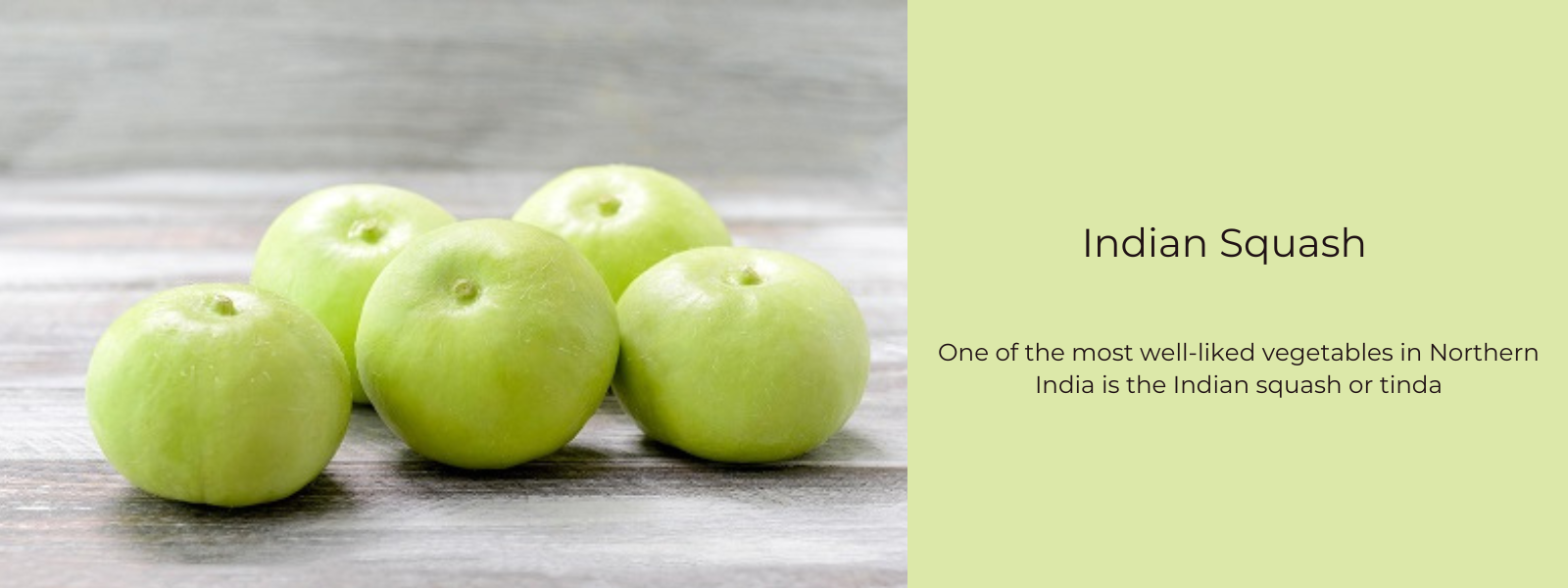Butternut squash is a powerhouse of vitamin A, primarily in the form of beta-carotene, which the body converts into this essential vitamin. Consuming butternut squash can significantly enhance vision health, as vitamin A plays a vital role in maintaining the retina and preventing night blindness. Additionally, vitamin A strengthens the immune system by supporting the integrity of the skin and mucous membranes, the body's first line of defense against infections. This nutrient also promotes healthy skin by aiding in cell production and turnover, reducing the risk of conditions like acne, and ensuring a smooth and resilient complexion. Moreover, vitamin A supports reproductive health and proper fetal development, making butternut squash a valuable addition to the diet of those planning or experiencing pregnancy.
Table of Contents
Health Benefits of Vitamin A from Butternut Squash
- Supports Eye Health
Vitamin A is essential for maintaining good vision. It plays a crucial role in the formation of rhodopsin, a pigment in the retina that helps you see in low light conditions. Consuming butternut squash can help prevent night blindness and reduce the risk of age-related macular degeneration.
- Boosts Immune Function
Vitamin A strengthens the immune system by maintaining the health of your skin and mucous membranes, which are your body's first line of defense against infections. It also supports the production and function of white blood cells, which are essential for fighting off pathogens.
- Promotes Healthy Skin
Vitamin A is vital for skin health. It helps maintain the integrity and function of skin cells, promotes cell turnover, and can reduce the risk of skin conditions such as acne. Adequate vitamin A intake can result in smoother, more resilient skin.
- Supports Reproductive Health
Vitamin A is crucial for reproductive health in both men and women. It supports normal growth and development of embryos during pregnancy and is involved in the production of sperm.
- Reduces Risk of Chronic Diseases
Antioxidants in vitamin A, such as beta-carotene, can help reduce the risk of chronic diseases by neutralizing free radicals that cause oxidative stress and inflammation. This can lower the risk of conditions like heart disease and certain cancers.
- Aids Bone Health
Vitamin A plays a role in bone growth and development. Adequate levels of this vitamin can help maintain strong bones and reduce the risk of fractures and osteoporosis.
- Improves Cell Growth and Differentiation
Vitamin A is essential for cell growth and differentiation, meaning it helps cells develop into the specific types needed for proper body function. This is important for the development and maintenance of healthy tissues and organs.
Additional Nutrients in Butternut Squash
Apart from vitamin A, butternut squash is also a good source of other essential nutrients, including:
- Vitamin C: Supports immune function, skin health, and acts as an antioxidant.
- Fiber: Aids digestion, helps maintain a healthy weight, and reduces the risk of heart disease.
- Potassium: Supports heart health by helping to regulate blood pressure.
- Vitamin E: Acts as an antioxidant, protecting cells from damage.
Incorporating Butternut Squash into Your Diet
To reap the benefits of vitamin A and other nutrients in butternut squash, you can incorporate it into your diet in various ways:
- Roasted: Simply roast butternut squash cubes with a bit of olive oil, salt, and pepper.
- Soups: Add pureed butternut squash to soups for a creamy, nutritious base.
- Salads: Toss roasted or steamed butternut squash into salads for added texture and nutrition.
- Smoothies: Blend cooked and cooled butternut squash into smoothies for a boost of vitamins and a creamy texture.
- Baked Goods: Use pureed butternut squash in baking for added moisture and nutrition.
Conclusion
Including butternut squash in your diet can provide substantial health benefits due to its high vitamin A content. This versatile vegetable not only supports eye and skin health but also bolsters the immune system and reproductive health. Regular consumption of butternut squash can contribute to overall well-being, helping to protect against various health issues and ensuring proper bodily functions. By incorporating this nutrient-rich vegetable into your meals, you can enjoy its delicious taste while reaping the significant health benefits of vitamin A.











Leave a comment